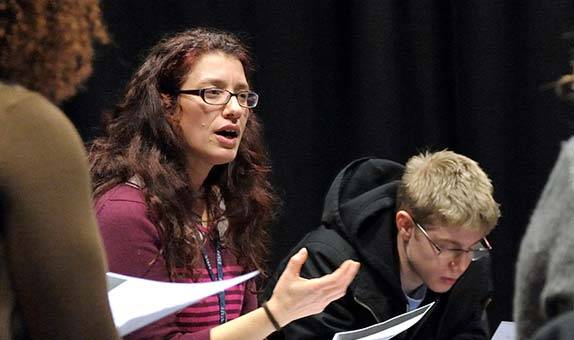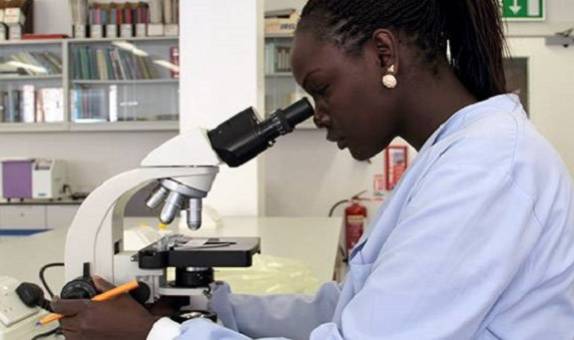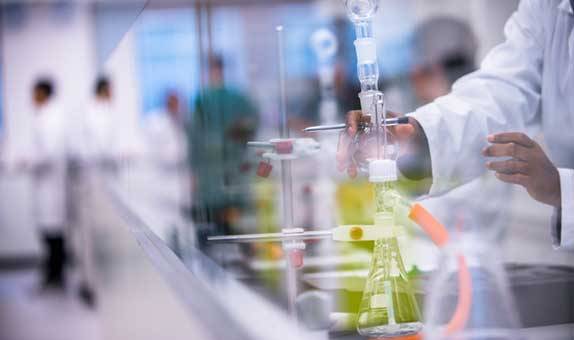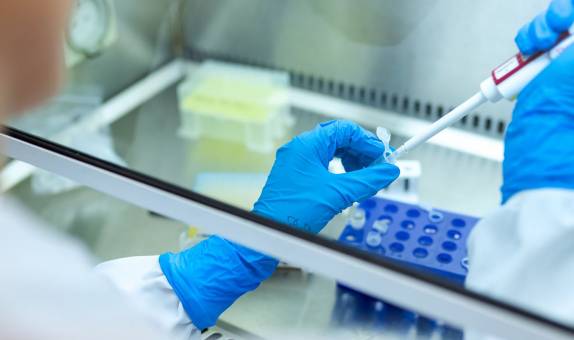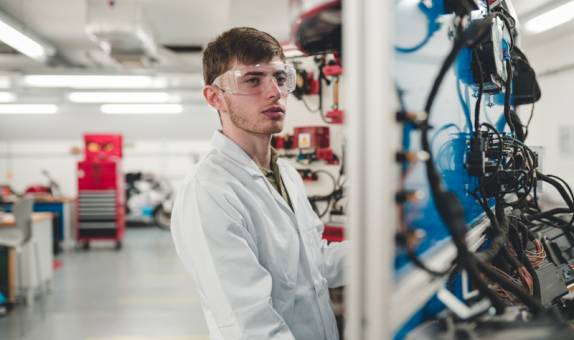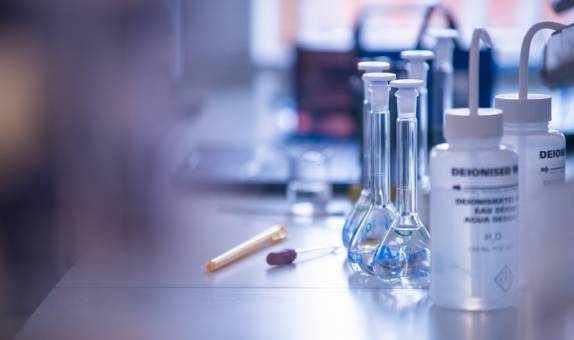Improving food safety through changes to procedures, capabilities and practices of the European Food Safety Authority and the UK Government Chemist Programme
Research at Kingston University has improved food safety through advanced analytics
In the world of public health, ensuring food safety during manufacture, packaging and transport is imperative. Food control authorities nowadays rely on modern analytical techniques to ensure that homegrown and imported food is free from allergens, fungal toxins and contaminants like illegal dyes and nanoparticles. These techniques also help in correctly identifying and labelling genetically modified organisms in foodstuffs.
Professor Declan Naughton and his collaborators Professors Andrea Petróczi and Adam Le Gresley at Kingston University have spearheaded analyses of global food safety datasets and the application and development of advanced analytical approaches for ensuring food safety. Using techniques like High-Resolution NMR Spectroscopy and Liquid Chromatography Mass Spectrometry, they have devised methods to reduce toxic by-product formation from fats during cooking. They have also studied the role of vitamin D in childbirth and disease, have detected over 200 social and performance-enhancing drugs in hair samples through a single analysis, and have estimated diet-induced tooth decay through scanning microscopy. Besides informing risk assessments and enhancing food safety measures, such research helps identify countries that are the source of unsafe food, allowing action to be taken quickly.
Professor Naughton's research findings have earned him the position of the sole academic member of the UK Government Chemist Programme Expert Group (GCPEG).
The GCPEG is an independent panel of experts selected from industry, enforcement agencies and academia. This panel provides crucial advice to the UK Government Chemist (GC), a team of government scientists offering research-based guidance on food safety. To date, the GC programme has invested over £10 million in developing facilities, expertise and preparedness to meet the demand for advice on food regulation.
Professor Naughton's findings, particularly the network analysis tools developed by his team, have been incorporated into GC programmes. The Deputy Government Chemist observed: "Professor Naughton's provision of access to a novel innovative network tool was key to winning a research bid from the Food Standards Agency to conduct a global stakeholder consultation on the tool and what the crucial components of any food early warning system should be." Professor Naughton has also helped boost GC's knowledge transfer and improved stakeholder engagement.
As Chair of the European Food Safety Authority's External Review Working Group (ERWG), Professor Naughton has contributed substantially to improving the quality of scientific risk assessments, which are ERWG's major outputs.
In 2014, the EFSA Quality Manager and external evaluations by Ernst and Young rated 100% of these documents as ‘very high quality' - a significant jump from 40% in 2011. This change marked a shift from a 'quality control' to a 'quality assurance' approach, with subsequent reductions in food risk for EU and UK citizens.
Professor Naughton's contributions to the GCPEG and the ERWG are built upon his expertise in designing advanced assays, applying state-of-the-art facilities, data mining and risk assessments. Through these policy working groups, his contributions continue to benefit citizens in the UK and Europe by improving food safety and regulatory practices.
Contact us
- For non-student research enquiries, email the Research Office
- For research impact and REF enquiries, email the REF and Impact Team.
- Research contacts
- How to get to Kingston University



